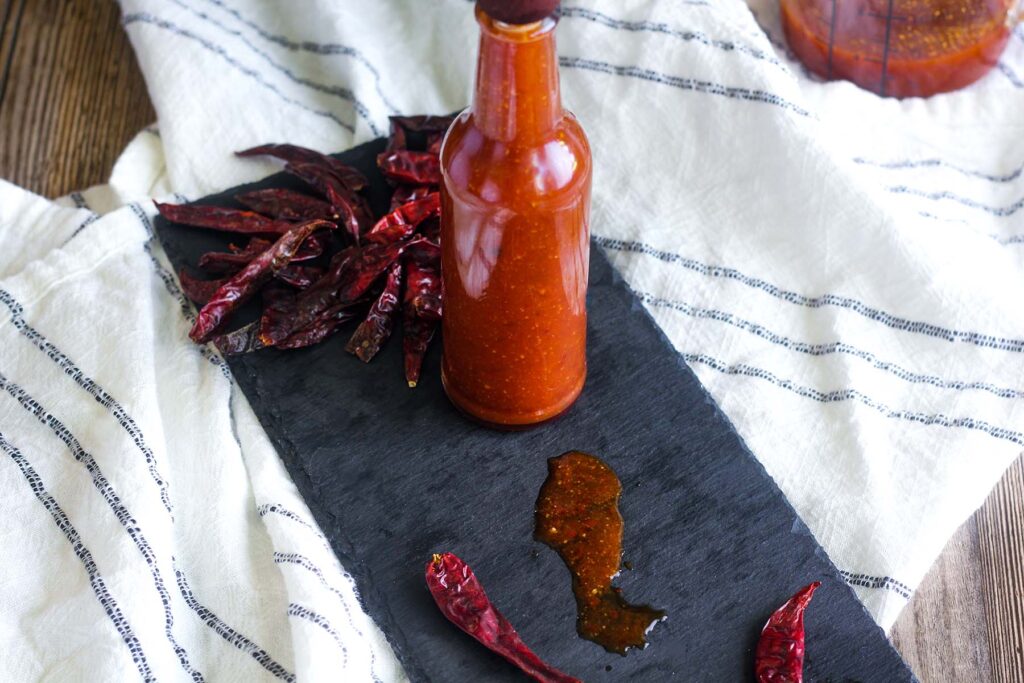How Bad Is Hot Sauce for You? Shocking Insights Revealed
Written By James Morgan
When it comes to enhancing the flavor of grilled meats, nothing quite matches the intensity of hot sauce. But as a barbecue enthusiast, you might be wondering, how bad is hot sauce for you? In this article, we will delve into the impact of hot sauce on your health, providing exclusive insights that could just change your barbecue game for the better.
The spicy kick of hot sauce can elevate your dishes to new heights. Yet, with its rising popularity comes a flurry of questions about its health implications. Could indulging in your favorite hot sauce actually be detrimental to your health? Lets take a closer look at the facts.

Understanding Hot Sauce: Ingredients and Varieties
Before we explore the health effects, lets familiarize ourselves with what hot sauce is made of. Typically, hot sauces contain chili peppers, vinegar, spices, and sometimes additional flavoring agents. Each type of hot sauce may vary significantly based on its heat level and ingredients.
Common Components of Hot Sauce
- Chili Peppers: The core ingredient responsible for the heat.
- Vinegar: Acts as a preservative and adds tanginess.
- Spices and Flavorings: Ingredients like garlic, onion, and additional spices enhance flavor.

Health Benefits of Hot Sauce
Surprisingly, hot sauce isnt all doom and gloom. In fact, moderate consumption can offer various health benefits that you might not have considered.
Boosts Metabolism
Chili peppers, the primary component in hot sauce, contain capsaicin, a compound known to temporarily boost metabolism. By increasing thermogenesis in the body, capsaicin may help facilitate fat burning.
Contains Nutrients
Hot sauce is not just a source of flavor; it can also be a source of vital nutrients. Chilis are rich in:
- Vitamins A and C: Essential for maintaining healthy skin and boosting the immune system.
- Antioxidants: Help combat oxidative stress in the body.

Potential Risks of Hot Sauce Consumption
Even with its health benefits, there are some risks you should be aware of. Understanding these will help you find a balance that fits your lifestyle and taste.
Stomach Issues and Irritation
Hot sauce can cause discomfort for some individuals, particularly those with sensitive stomachs. Overconsumption may lead to:
- Heartburn: Caused by the acidic nature of hot sauce.
- Gastrointestinal Issues: Spicy foods may trigger upset stomach, diarrhea, or nausea.
Potential Allergies
Some people may experience allergic reactions to chili peppers or other components in the sauce. It is important to be aware of any sensitivities.

Balancing Hot Sauce in Your Diet
The key to enjoying hot sauce without the negative effects lies in moderation and personal awareness. Here are some life-changing tips for incorporating hot sauce into your meals responsibly.
Start Small
If you are new to spicy foods, start with milder sauces and gradually work your way up to hotter varieties. This will help your body to adjust while you discover your flavor preferences.
Pair with Healthy Ingredients
Use hot sauce as a condiment on healthy foods. By pairing it with fresh vegetables, lean proteins, or whole grains, you can enjoy its flavor without overwhelming your system. For delicious ideas, check out our what to eat guide.
Stay Hydrated
Spicy foods can lead to dehydration, so it's essential to drink plenty of water when enjoying hot sauce. Avoiding excessive salt can help maintain hydration levels.
Are There Health Risks for Everyone?
While moderation is the best approach, certain individuals should be extra cautious. For example, those with digestive issues, pregnant women, and individuals sensitive to spicy foods should consult with healthcare professionals before indulging.
Conclusion: Your Hot Sauce Habits
Your relationship with hot sauce can be a wonderful part of your culinary journey, especially as a barbecue enthusiast. Remember that how bad is hot sauce for you largely depends on your individual health, nutrition, and preferences. Find balance and relish the flavor without compromising your well-being.
FAQs
1. Can hot sauce help with weight loss?
Hot sauce may boost metabolism temporarily due to capsaicin, but it should not be solely relied upon for weight loss.
2. What hot sauce is the healthiest?
Healthiest options typically include natural ingredients without additives. Look for sauces with minimal or no added sugars.
3. Is it safe to eat hot sauce every day?
Moderation is key. Daily consumption may be fine for some, while others may experience discomfort.
For further insights into the relationship between hot sauce and health, feel free to check out this in-depth blog post.
As an Amazon Associate, I earn from qualifying purchases.



